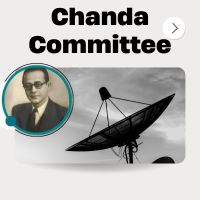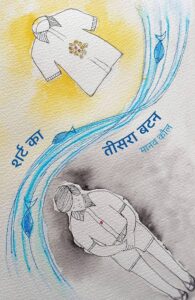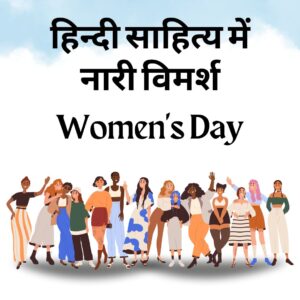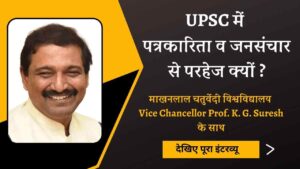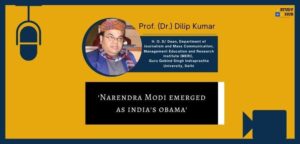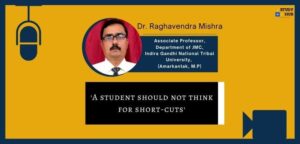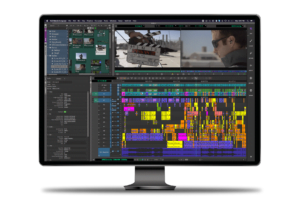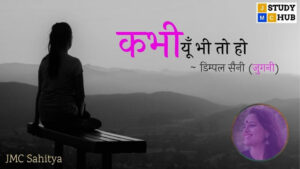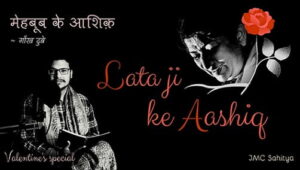The Chanda Committee, established during Mrs. Indira Gandhi’s tenure as the Union Minister for Information and Broadcasting in 1964, marked a significant turning point in the history of Indian broadcasting. This committee, led by Ashok Kumar Chanda, was tasked with evaluating the functioning of All India Radio (AIR) and Doordarshan and recommending reforms to liberate them from rigid government control.
Formation of the Chanda Committee
The Chanda Committee was constituted in December 1964, and it submitted its comprehensive report in April 1966. The committee was composed of distinguished members, including M. Chalpati Rao, Hazari Prasad Dwivedi, Vidya Charan Shukla, Ashok Mitra, Dr. Laxmi Singhvi, and Ms. Mehra Masani. Under the leadership of Chairman Ashok Kumar Chanda, the committee embarked on the task of reimagining the future of broadcasting in India.
Objectives of the Chanda Committee
The primary objectives of the Chanda Committee were to examine the working policy of All India Radio and Doordarshan, both of which were under the strict control of the government. The committee aimed to address the challenges faced by these broadcasting entities and provide recommendations for their transformation.
Key Recommendations
The Chanda Committee’s recommendations were ground breaking and laid the foundation for the modern Indian broadcasting landscape:
- Separation of Akashwani and Doordarshan: The committee emphasized the need to separate radio (Akashwani) and television (Doordarshan) to enhance their independence and effectiveness.
- Autonomous Corporation for AIR: It proposed that All India Radio should function as an autonomous corporation, free from the rigid financial and administrative procedures of the government.
- Introduction of Advertisements: The committee recommended that advertisements be aired on both All India Radio and Doordarshan to generate revenue and ensure financial sustainability.
- Focus on Science and Agriculture: Priority should be given to programs related to science and agriculture to address the informational needs of the nation.
- Expansion of Rural Radio Stations: To reach a wider audience, the Chanda Committee called for an increase in the number of radio stations in rural areas.
- Administrative Reforms: Administrative reforms were suggested for Doordarshan and All India Radio, including employee training to enhance efficiency.
- National Council for Mass Communication: To oversee broadcasting and ensure quality standards, the committee proposed the establishment of a National Council for Mass Communication.
Impact and Legacy
The Chanda Committee’s recommendations were instrumental in reshaping India’s broadcasting landscape. In 1976, Akashwani and Doordarshan were officially separated, each functioning independently. The introduction of advertisements brought much-needed revenue, allowing for improved content and infrastructure development. The focus on science, agriculture, and rural radio stations helped disseminate essential knowledge to the masses.
Conclusion:
The Chanda Committee’s visionary approach to reforming Indian broadcasting has left an enduring legacy. Its recommendations not only transformed AIR and Doordarshan but also paved the way for a more vibrant, informative, and inclusive media landscape in India. Today, the impact of the Chanda Committee continues to be felt as India’s broadcasting sector evolves to meet the needs of a dynamic and diverse nation.


